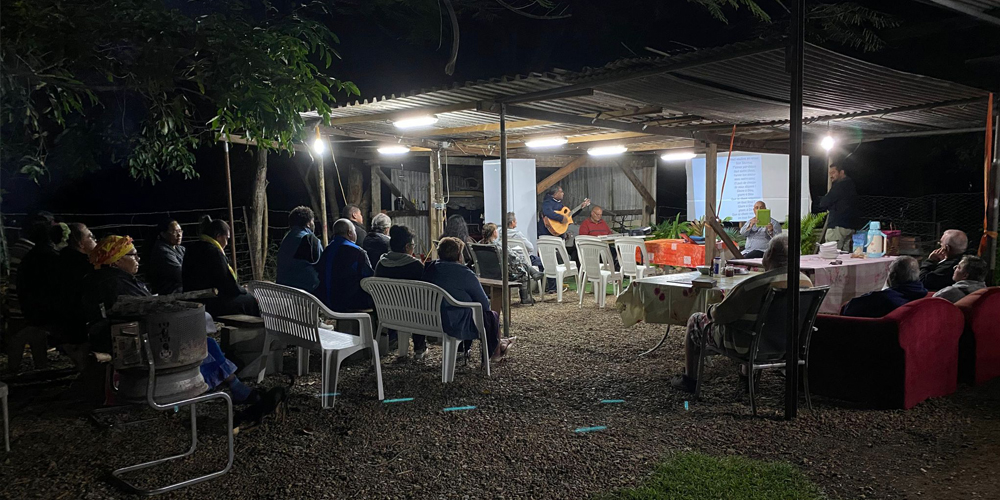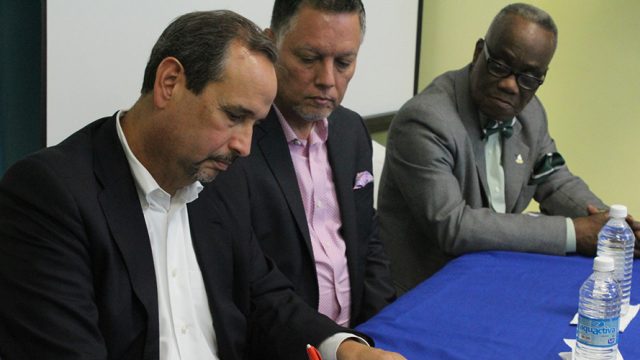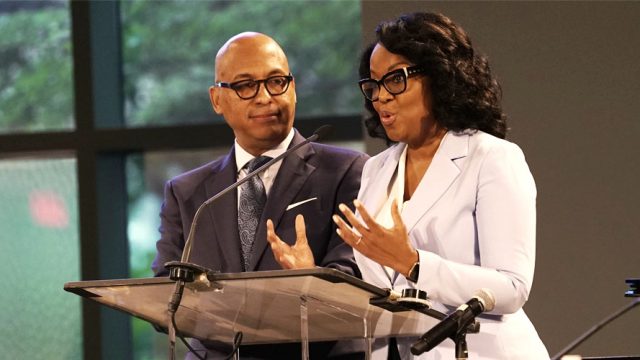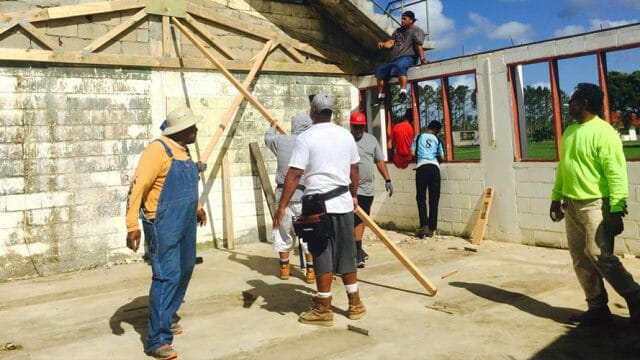Prayer groups and social networks are developing into community congregations.

Tomo village in southern New Caledonia, in the Pacific Ocean east of Australia, was previously a difficult-to-reach mission field. But according to regional church leaders, the town is now a thriving spiritual community thanks to the efforts of Seventh-day Adventists who planted two churches in the region.
“Our vision for church planting is not about extracting people out of their social network to bring them to a church that is in a building,” said Tomo village pastor Hatsarmaveth Venkaya. “[We want] to generate a movement [and] create a spiritual community [church] within the existing social networks.”
With a missionary training program beginning in 2018, the region’s vision was to train lay leaders and local church elders to take on church leadership.
“[We wanted] local leaders who would become church planters in their settings,” said Venkaya. “The mission would no longer revolve solely around pastors, but pastors would instead play the role of influencers and equippers to raise lay leaders having the DNA and passion for mission.”
In this highly secular region of New Caledonia, other groups had failed to start successful ministries. A retired Adventist couple didn’t let that deter them. Moving to the area in 2018, they made connections in the community and started a small prayer meeting group in 2019. A church pastor was then introduced to the group, and by the end of November 2019, 14 community residents were attending prayer meetings and nearly 50 people were attending the group’s social gatherings.
“During that [social] gathering, a lady offered her house in another village near the airport,” Venkaya said. “She wanted her family and neighbors to experience the same blessings. That’s how our second church plant started at the beginning of 2020.”
At prayer and small group meetings every Tuesday night, topics covered include restoring God’s image, restoring our relationship with God, and addressing core issues that break down relationships with self and others. Each meeting, the groups spend 30 minutes singing accompanied by testimonies and prayers, before studying the Bible for 40 minutes and then breaking into small groups for discovery Bible reading.
“The elders had the opportunity to observe the pastor for six months, particularly how he led the Bible studies,” Venkaya said. “The church plant served as a lab to train the elders, who knew that they would soon take full charge of the group. We made sure that the core group comprising our church members did not exceed one-third of the church plant.”
Although COVID-19 dampened enthusiasm and progress within the church plants, numbers began to increase once restrictions were lifted. At present, there are 14 regular attendees and around 20 new interests who attend the group every week. Currently, the groups are wholly under the care of church elders and lay members, giving their money and time for God’s cause.
The original version of this story was posted by Adventist Record.








